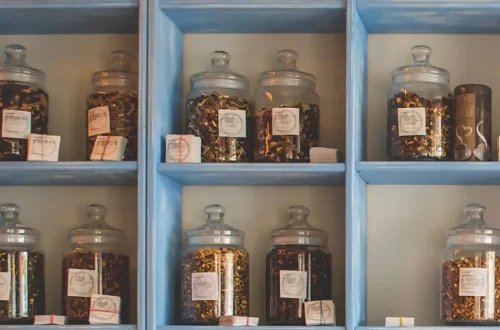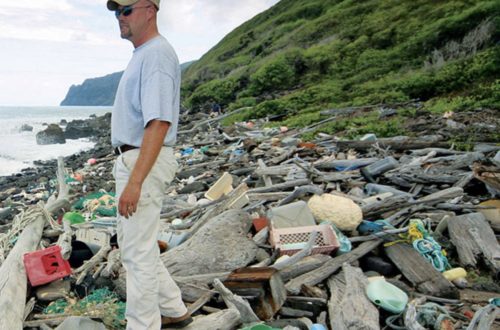“Only when all contribute their firewood can they build up a strong fire.”Chinese proverb.
It was a beautiful, sunny fall day today, and I was out for my walk, reveling in the colors of the leaves and the crispness of the air, this being my favorite season. As I passed the neighborhood elementary school, I noticed that some classes were sitting outside, having lunch under a shelter. The kids were sitting on mats, all spread out per COVID guidelines, and appeared to be enjoying themselves. Observing this made me think once again about how adaptable and flexible we need to be to cope with the multitude of challenges, large and small, that come our way. And boy, howdy, we have had so much to adapt to in the last 20 months or so. I believe that just as we have adapted and adjusted to the pandemic, we can and must also choose to adapt and adjust to behaviors that will address climate change.
There is no doubt that we all have been through the wringer. And much of the news is distressing, and that is an understatement. We have to acknowledge our despair and sadness. However, we cannot allow ourselves to remain down or be defeated, for what good does it do for us if we shrink away? We are called upon to take action, and action is an antidote to despair.
When I was contemplating what to write about for this essay, I landed on “sharing”. Have you ever had a situation where you are thinking about something, and little hints pop up about that topic you are pondering? That’s what happens to me. For example, I had not looked at the most recent copy of YES! Magazine until last night. The topic? Sharing. If we all share, there is enough.
One of my very favorite childhood stories is Stone Soup. In the version that was read to me, a soldier arrives in a village after a war has ravaged the countryside. The inhabitants are suspicious and are not willing to share any of their scarce food. The soldier gets a kettle and says he will make some soup with a magic stone if someone can provide some water. The water is provided. As he stirs the water in the pot, he mentions how much better it would be with an onion; one of the villagers provides an onion. Eventually, with the single additions of the villagers, there is a hearty soup that feeds them all. (Maybe this is why I’ve always loved hosting potlucks!) If we take care of each other and share resources and solutions, we not only survive, we become stronger and more interconnected, just like the ecosystems that we depend upon for our survival.
For so many years, I have heard about the “growth economy”. That sounds like a good thing until one stops to consider that the planet’s resources don’t continue to grow proportionately to how quickly a growth economy uses them up. Most of us don’t stop to consider all the resources that go into making all the stuff we consume, nor how much energy is used to transport goods around the world.
In our waste reduction classes, we share a quote from The Story of Stuff Project: “For every one garbage can of waste you put out on the curb, 70 garbage cans of waste were made upstream just to make the junk in that one garbage can you put out on the curb.” WOW! Take a moment to process that information. Now think about how that can’t be sustainable.
Our growth economy has compromised the planet’s ability to regenerate and heal. It’s easy to think, “Oh, I can afford it.” Perhaps that’s true in a monetary sense. But can the Earth afford you? When do we decide what is ENOUGH?
I’ve often read that corporations are most to blame for climate change. And I’ve often read that individuals should be doing more recycling, etc. On the flip side, I have read that there’s nothing individuals can do that will make a difference. So let’s all throw up our hands and give up!
While I agree that companies have the most significant impact on the climate (see link that follows below), I know that we must take individual responsibility for our actions and habits too, and sooner than too late. We can’t heal the planet without reducing how much we use up.
We need to stop seeing ourselves as consumers and become guardians or restorers or caretakers – choose whatever term you like. Think of all Earth’s resources that we count on being there for us and what it would be like if they were no longer available. In some parts of the world, that is happening now.
I like this quote from the YES! Magazine issue that I referred to above: “The too-muchness of some is destroying the possibility of just enough for others”. This is where the sharing comes in. One example of sharing is the Buy Nothing Project. I belong to the group for my neighborhood. Members post things they want to offer to others or ask for items that they need. I have given away several items and recently asked for some hairpins; I didn’t want to buy a whole package when I only needed a few. Sure enough, one of the members gave me some. Lots of children’s toys and clothing are passed on, along with furniture and household items. Recipients don’t need to buy new things that would require more resources. One of the members started a “Free Fridge” so members could donate food for people who were having a difficult time because of the pandemic: kindness and sharing in action. I feel really good knowing that I am helping someone else; reducing my consumption of our resources is one way to do that.
There are countless ways that we can change our habits. I find it helpful to make lists of my ideas, rather than only thinking about what I wish to do; it makes it more concrete for me, and I love crossing things off my list. Here are just a few ideas to start with:
- Look at your utility bills, then figure out how to use less water, less heat or AC; create less waste. All of these will save you money.
- Donate money or goods.
- Vote, speak up, sign petitions, share your new knowledge
- Learn more about how much of the Earth’s resources are used in the US. There are several online sites.
- Read. There are so many ways to inform yourself. My most recent book purchase is Regeneration: Ending the Climate Crisis in One Generation by Paul Hawken.
- Join a co-op, a CSA, a work party, a tree-planting group.
- Check out this graphic comic entitled Enough is Enough: www.yesmagazine.org/issue/how-much-is-enough/2021/08/10/enough-is-enough
- Grow some of your own food if you are able. Many towns have community gardens. If yours doesn’t, maybe you could get a group together to start one.
This is our time to make a difference, our time to be the change we want to see in the world. Let’s do it together, for all of us, now.
- A version of the Stone Soup story can be seen here: www.youtube.com/watch?v=AktWH5PIC9k
- The Story of Stuff: www.youtube.com/watch?v=9GorqroigqM
- The Story of Solutions: www.storyofstuff.org/movies/the-story-of-solutions/
- How to make changes: www.storyofstuff.org/movies/story-of-chang
Betty Shelley is a Master Recycler (class #2), a former Metro Recycling Information Specialist, an Agent of Change, and the founder of Reduce Your Waste Project. Betty found Northwest Earth Institute in 1993 when it was founded in Portland. The NWEI discussion courses made her more aware of the choices we make as well as the consequences of those choices. Since 2006, Betty and her husband, Jon, have had just one 35-gallon can of garbage per year. The Shelleys offer the class “Less is More: Getting to One Can of Garbage a Year”.







